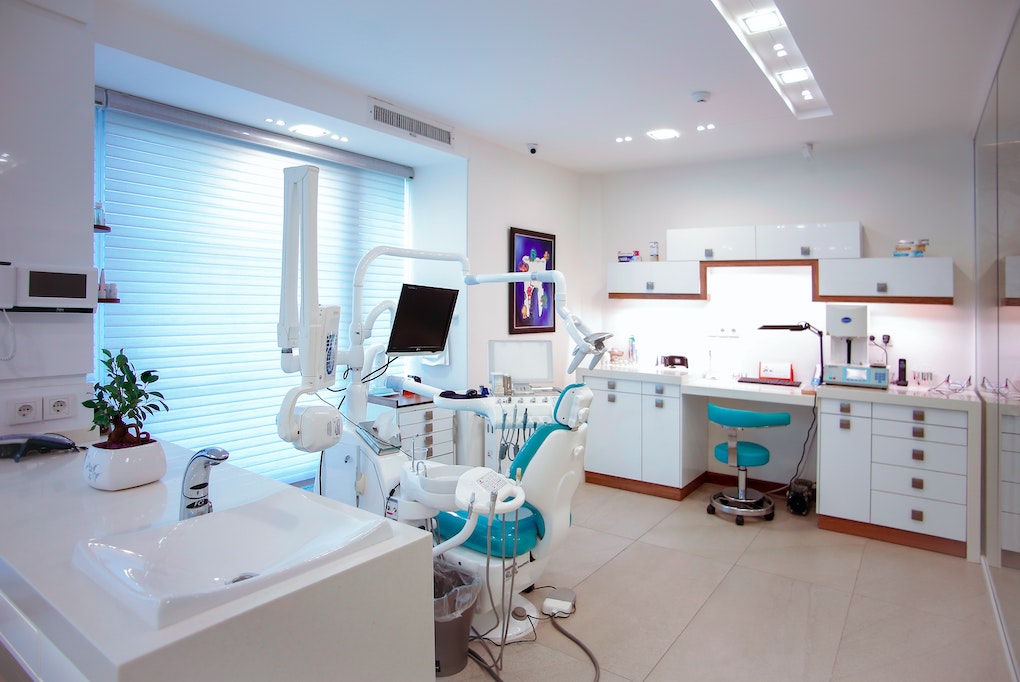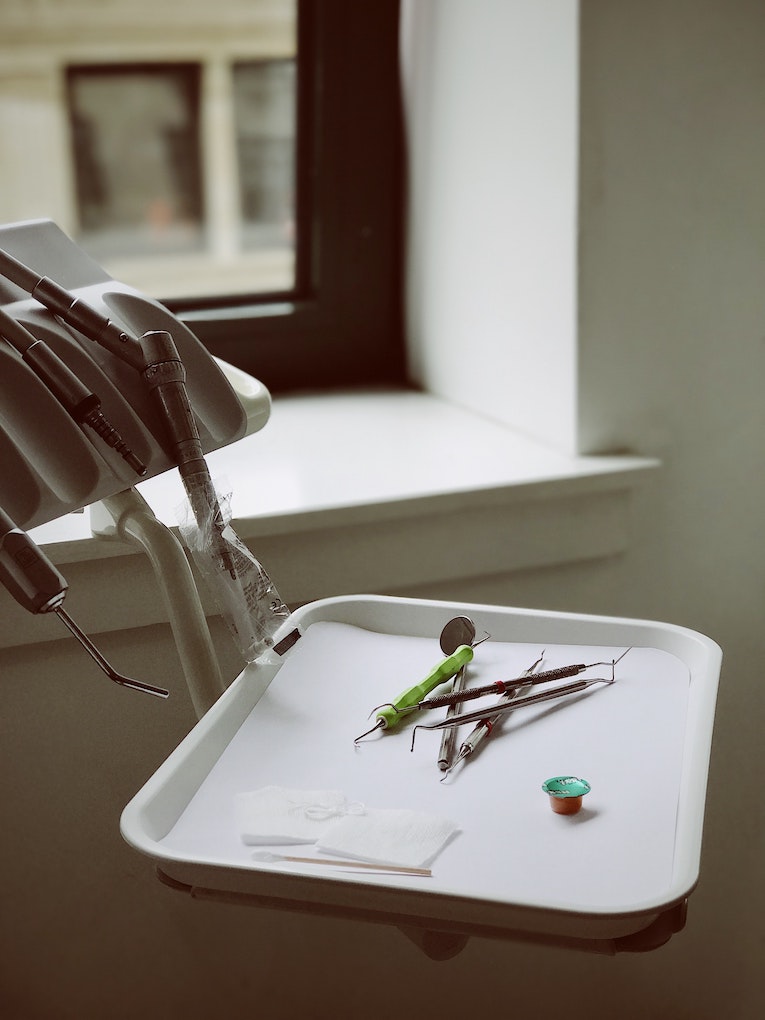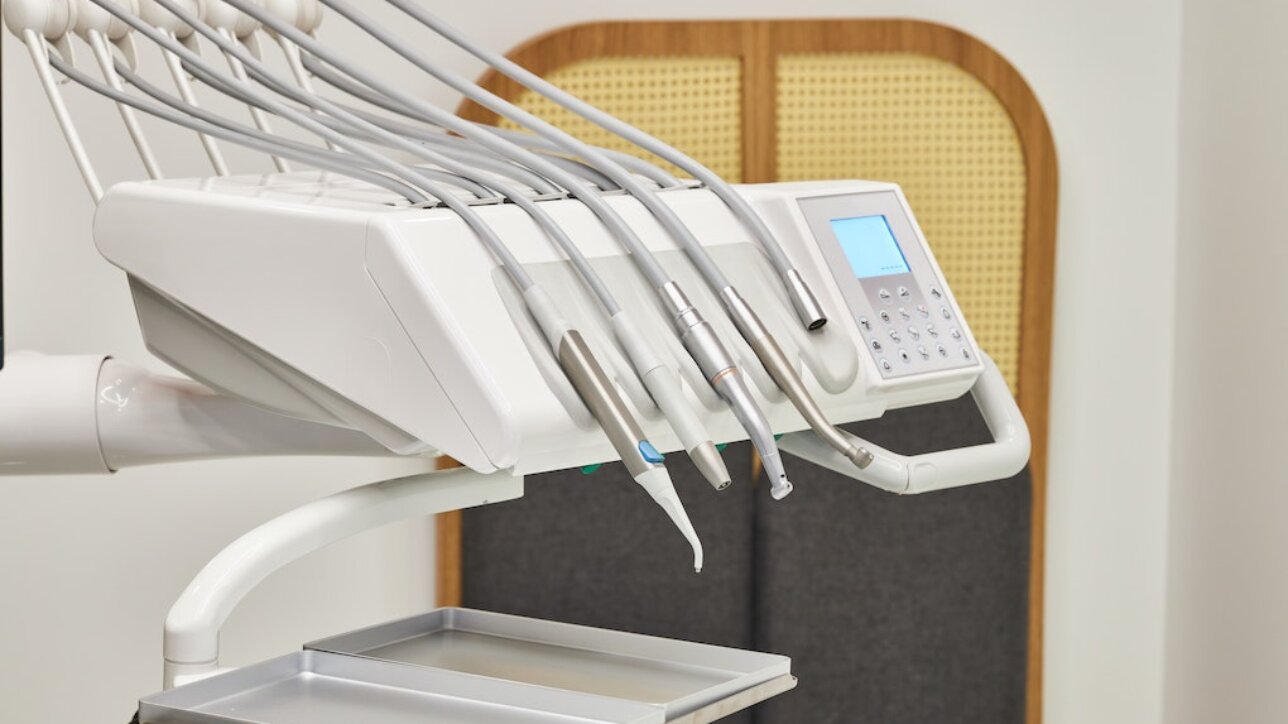
January 28, 2021
Your Complete Guide to Hiring a Dental Practice Consultant

You invested time and money into your dental practice, but just because you are an amazing clinician, that doesn’t necessarily mean you are the savviest businessperson. To ensure your practice has everything it needs in place to succeed, it is wise to reach out to a dental practice consultant for complete strategic and business counseling. Here, we break down all you need to know about hiring a dental practice consultant.
Benefits of hiring a dental practice consultant
The right dental practice consultant can help you develop and execute a successful and thorough dental practice business plan. With expertise in business, leadership, finances and deep knowledge about dental practices, Professional Transition Strategies (PTS) is here to help you every step of the way. Here is just a smattering of our offerings.
Why use a dental practice consultant
At PTS, we help dentists and specialists throughout the country grow their dental practices, from startups to dental practices that want to increase value to get ready to sell.
A few common reasons our clients seek counseling for their dental practices are that they realize they are not seeing enough patients or they seem to be working more but making less. It is also usual for a practice to seek a dental practice consultant’s help because they realize they don’t have a growth plan in place or their team is no longer engaged and helping grow the practice.
Seeking outside advice to further the success of your practice is often the wisest choice and can help solidify your commitment to changing certain aspects of your practice to make room for progress. The change may be small, such as changing the insurance plans you are in-network with, or the change may be large. The best way to ensure success for your partnership with your consultant and practice is to stay open-minded to the suggestions, as well as the reasoning behind suggestions. The most critical components for your success are listening to the professional advice and being open to change — not just for you, but for the entire staff, as well. In the end, the result should be a more enjoyable and profitable dental practice for you and your team.
While a consultant won’t be able to fix everything in a day, by following the suggestions and new rules implemented, you and your team will be increasing your success and the potential of your practice.
Our proprietary 4-step program for practice success
Analysis of dental practice business procedures
A deep analysis of a doctor’s practice business procedures and value on the market is where we begin. The client will first engage us for an “In-depth Business Analysis.” This analysis includes as many visits as necessary to the practice to collect data and assess the situation first-hand.
The product of this analysis is a written document in booklet form that discusses in detail each and every business aspect of the practice, including effectiveness against potential in production, collections and marketing.
Also included is a full appraisal of the value of the practice in its present state and an assessment of the doctor’s personal retirement planning, if appropriate. The final section includes recommendations for the owner to improve their business operations where advisable and raise the overall value of the practice. These recommendations will be critical in the strategic planning phase.
Strategic planning and best solutions to pursue
From this analysis, we can determine the best courses of action to pursue. We at PTS do not agree with a one-size-fits-all practice solution. Instead, we custom-tailor many options depending on the direction that you want to take your practice.
The solutions will be discussed during our practice solutions meeting in which the physician or doctor will determine where they want their own practice to excel and will budget their time and effort accordingly. This same time budget will be used in the implementation phase of our complete consulting process.
Custom-tailored program
This is the step that most consulting companies miss. They will leave you with nebulous and inapplicable ideas and will not walk through the process with you. But at PTS, our custom-tailored program is designed by the doctor and implemented by our expert professionals working with the doctor and their staff.
PTS becomes a true partner to your office through the yearlong program of implementing the ideas that will help build the practice of your dreams. Whether it is bringing more patients into the office, determining financial arrangements, building a high-quality team or transitioning your practice, we can implement the change and create the perfect strategy for your success.
Managing changes
Consulting is not the process of determining what is wrong, what the solution is or even the implementation of a change. True medical or dental practice consulting includes all those steps but also manages changes over time.
This long-term care is the exact type of care that you give to your patients. PTS will be this consultant to your practice as we have the mature relationships, expertise, drive and partners who will be able to ensure the doctor of the realization of their practice’s goals and growth.
Additional services
Practice lease renegotiation services
If your dental practice has thrived over the past nine years with only one year remaining on your lease, you, your staff and family may feel it is in the practice’s best interest to stay for another five to 10 years. A potential issue is that your office space may have become outdated and needs a significant amount of upgrades to last the remainder of your new lease term. In addition, perhaps your landlord knows you want to stay and won’t cut you a deal for staying another five to 10 years.
PTS will conduct background research to leverage with the landlord by going out into the marketplace to educate you about market lease rates, tenant improvement packages, building expenses and even free rent. PTS will even work directly with your landlord to get you the very best deal in the market so you don’t have to.
Dental practice associate searches and contracts
We specialize in dental office staffing services, in addition to buying, selling, consulting and leasing services. Whether you seeking a new opportunity or looking for a long-term associate, potential partner or potential buyer for your practice, PTS can help. If your practice needs a dental hygienist, dental assistant, practice manager or front desk associate, then you’ve come to the right place.
PTS specializes in locating and placing doctors and staff with independent practices across the country. Our commitment is to match the best medical and dental professionals with the right dental practices. This means we network with hundreds of potential prospects daily. At PTS, we are not in the business of filling medical and dental jobs with just anyone. Our focus is on fulfilling a long-term opportunity for the candidate and medical or dental practice that will be successful for all parties involved.
Work smarter, not harder at your dental practice
Whether you’ve recently purchased a dental practice or are even a few years out from retiring, everyone’s goal should be to work smarter, not harder to avoid potential burnout. Here’s how to make sure you’re getting the most out of the hours in your week, month and year.
Know your numbers
It’s important to note that even though you may own a high-production office, that does not mean you are necessarily successful. Calculating your office overhead will help you understand your bottom line. For example, if you gross $2 million but have 80% overhead, your net profit is only $400K, while conversely, a $1 million practice with only 50% overhead is profiting $500K.
Ask leading questions
Getting to know your patients and their needs can be as easy as asking “What would you like to change about your smile?” The answer is almost always “a whiter smile.” Showing them the shade chart to illustrate where they are now and where they want to be can start the discussion of teeth-whitening options, whether it is in the office, at-home bleach trays, or crowns or veneers. Initiating this brief conversation could generate helpful and easy profit.
Offer a variety of products and services
Give your patients the ability to shop inside your office, such as a few various brands of power toothbrushes as part of a daily care regimen or an oral irrigator for those reluctant to or who need to floss. Additionally, for adults who experience hypersensitivity or a high cavity rate, offer in-office fluoride treatments and xylitol gums and mints at a minimal expense.
Manage your schedule efficiently
A properly trained front staff leads to fewer unfilled appointment blocks that aren’t bringing in any revenue. Appointments should be scheduled from noon backward and prioritized based on the level of care needed and the time required for each patient.
Automate as much of the process as possible by confirming all appointments by text or email and sending messages based on a patient’s individualized care plan. Any last-minute cancellations can be filled by sending out a mass text or email to a patient waitlist, rather than making individualized phone calls.
What’s next?
By hiring a dental practice consultant for complete counseling, you will enjoy a happier and more stable environment from all sides — patients, staff, significant others and your bank account.
Contact the team at PTS for a free consultation to see if you and your practice need a consultant to ensure long-term success.









